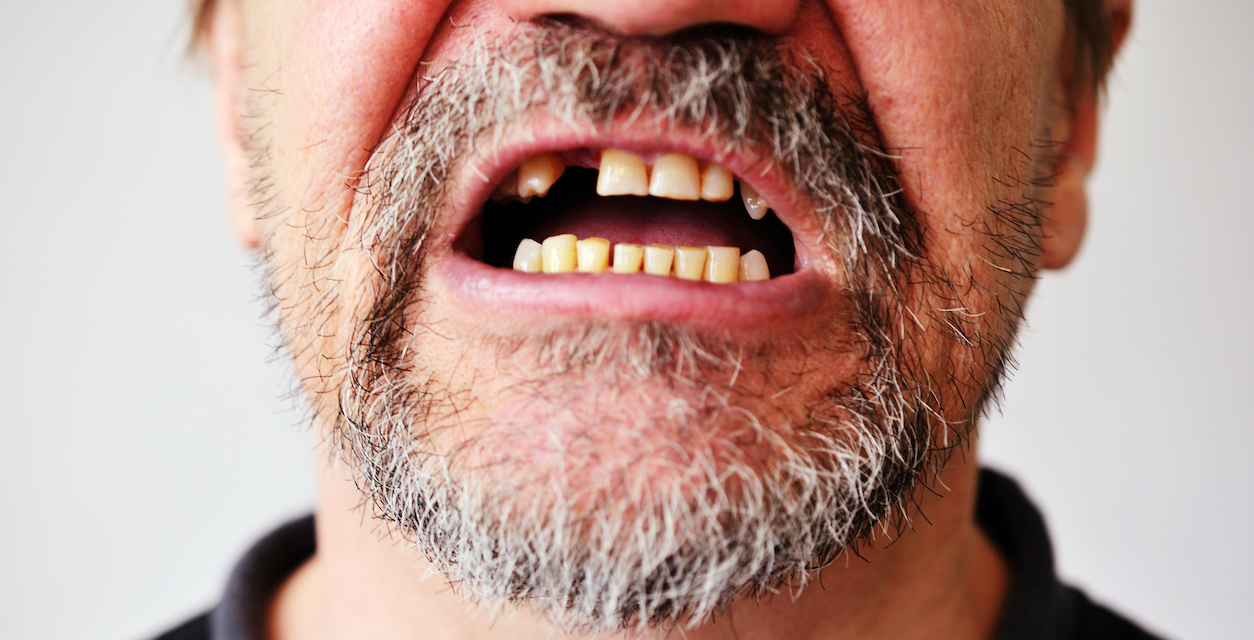Why You Should Replace a Missing Tooth
Our teeth are some of the hardest working parts of our body. We use them multiple times per day to bite, tear and chew our food. But we’re living longer than ever before, and some people’s teeth wear out before the rest of their body. Poor dental hygiene or diet can also cause premature tooth loss. So, it’s no wonder most adults will experience a lost tooth at some point later in life.
Most seniors accept that losing a tooth is just part of the ageing process. Some don’t worry about seeking treatment for a dental implant or bridge, while others organise a replacement tooth without delay.
Not all teeth are created equal; some are more important than others to replace. Speak to a dental specialist soon after losing a tooth before you decide whether you will or won’t organise a replacement tooth. Below are some reasons why you may need to replace an extracted or fallen tooth.
#1 Closing the Gap for Self Confidence
It’s not just our front teeth that are on display when we talk or laugh, a gap in any parts of the top arch is visible. If you know the gap is visible when you talk and you feel self-conscious about your missing tooth, then it’s important to consider having it replaced. You want to enjoy talking and laughing with friends and family without worrying about your gappy smile.
#2 Loss of Function
Losing a tooth means you have fewer teeth to chew your food, making eating more difficult. Losing two or more teeth from the same side of your mouth can put pressure on the remaining teeth and jaw to work harder. Some people have to remove some hard foods from their diet because they are too difficult to eat. The problem is worse if the failing teeth are on the natural chewing side of your mouth. An implant can allow you to continue eating the same foods you’ve long enjoyed.
Our teeth aren’t just for chewing our food and to make us look good when we smile, they also help with our speech. Some sounds we use in the English language are made when the tongue touches the teeth. Without teeth your speech can sound slurred or lisped, making it difficult for others to understand you.
#3 Bone Loss & Tooth Movement
When a tooth is lost, other teeth and the bone that once held the tooth can be impacted. The gap that remains after we lose a tooth can be filled by surrounding teeth sliding or moving into the gap. The movement can cause teeth to become crooked and not function as well because your bite has changed and there’s uneven wear. It’s not just the teeth around the gap that may move, the opposing tooth in the other arch may grow up or down to fill the space. Even if you aren’t intending to replace the tooth with an implant or bridge, a dentist may recommend a spacer to hold surrounding teeth in place and support the jawbone.
The biting and chewing action keeps our jawbone healthy. When teeth are lost, the jawbone isn’t required, so it’s at risk of being reabsorbed into the body. Up to 25% of the bone can be lost within the first year after a tooth falls out or is extracted. A patient with gum disease can experience even more bone loss.
#4 Changing Face Shape
While the loss of one tooth won’t cause a major change to your facial structure, the loss of several teeth can. When teeth and some jawbone is lost, the look of your lower face can change. We see the most dramatic changes when the lower jawbone shrinks, causing the mouth to look sunken and the face shorter. Jowls can form as the facial muscles detach from the jawbone. The upper jaw can shrink up to the nose and sinuses making the palate flatten.
Our lips are supported by our teeth and when they’re gone, the muscles around the lips change causing wrinkles and premature ageing.
Dental implants can continue the job of your teeth in keeping your jawbone strong, your remaining teeth in their correct position, and your lips and muscles supported. It’s important to see a specialist whenever you lose a permanent tooth. To make an appointment, call us on (08) 9321 1632 or contact us online.

